Your senior pet’s appearance isn’t the only thing that changes with time. Along with their graying muzzle and slower movements, their care needs also change, requiring a more considerate and individualized approach.
While accepting that your beloved pet is no longer in their prime is not easy, acknowledging and honoring their current life stage with age-appropriate care is the kindest and most effective way to ensure they enjoy the greatest quality of life for the longest amount of time.
Here are the Lytle Veterinary Clinic team’s top do’s and don’ts for caring for your senior pet.
DO these things to support your senior pet
Although the aging process can seem full of restrictions and limitations, you can—and should—take many proactive steps to help your dog or cat feel their best. This list includes:
- Do have your pet examined by a veterinarian every six months — Senior pet health can change rapidly, sometimes with little warning. Frequent veterinary exams increase the likelihood for early detection of common age-related conditions and diseases, including arthritis, heart problems, dental disease, kidney insufficiency, and cancer. Early diagnosis of age-related issues can lead to more effective—and sometimes less costly and invasive—interventions and improve your senior pet’s prognosis.
- Do feed your senior pet high-quality nutrition that supports their body and mind — Work with your veterinarian to design and implement a tailored nutrition plan that meets your senior pet’s specific needs. Your veterinarian can not only provide you with a specific brand or formula, but can also help you determine the amount to feed your dog based on their body condition, health, and activity level.
- Do provide your senior pet with regular low-impact exercise — Although your mature dog or cat may no longer chase a ball or pounce on a toy mouse, they still need consistent physical activity to preserve their joint health and muscle mass and prevent harmful weight gain. Simple activities, such as short walks, swimming, and gentle play, are fun and easy ways to promote healthy movement and provide mental stimulation.
- Do ensure your home is senior pet accessible — Similar to human senior citizens, aging pets require environmental modifications so they can stay mobile and independent. Provide soft but supportive bedding that cradles your pet’s joints. Ensure they can easily access necessary resources, such as litter boxes, food, water, and toys. Install pet ramps and non-slip rugs, so your pet can safely reach their favorite places.
- Do prioritize your pet’s dental care — Dental disease can negatively impact your pet’s overall health but, fortunately, it’s never too late to make a positive change. Talk to your veterinarian to determine if your pet needs a dental cleaning and X-rays under anesthesia.
- Do support your pet with love and reassurance — The aging process can affect your pet’s perception of the world. Regular attention and positive interactions can help them feel safe and secure despite changes in their vision, hearing, or cognitive abilities.
- Do monitor your pet for pain signs — Pain and illness signs aren’t always obvious, so watch your pet for unusual behaviors, altered mobility, or personality changes. If something doesn’t seem right, request an appointment at Lytle Veterinary Clinic.
DON’T neglect your senior pet’s health with these harmful habits
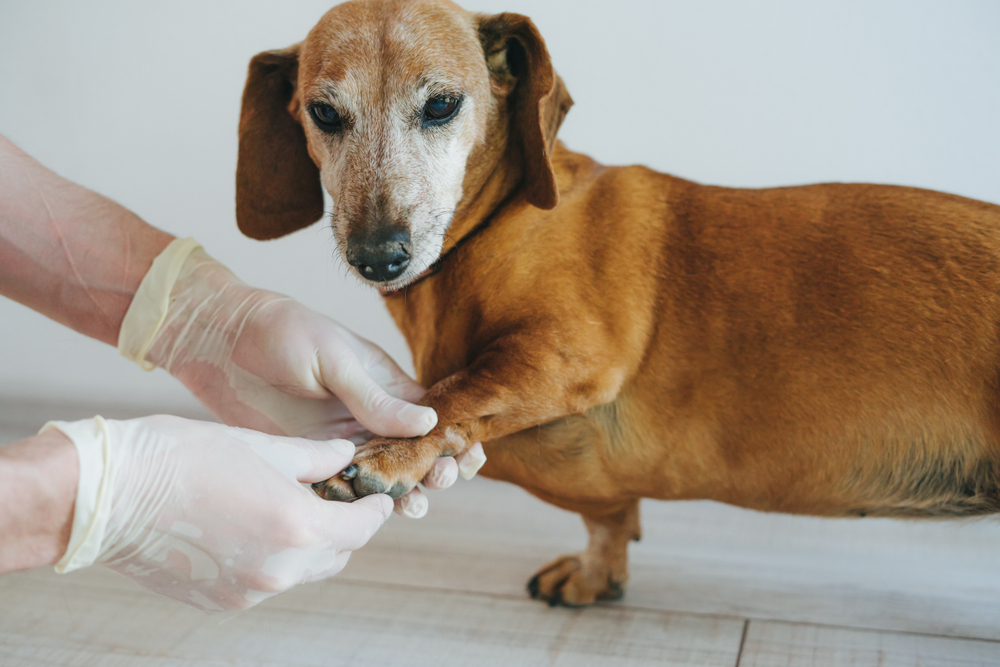
Sadly, the aging process is accompanied by certain unavoidable limitations and challenges. Recognizing and respecting these boundaries can help you avoid worsening your pet’s condition by doing too much—or too little—to meet their needs.
Our senior pet “don’t” list includes:
- Don’t push your pet during physical activity — Although dogs are notorious for pushing through pain or weakness to participate in a game they love, this can lead to serious injury, overexertion, or worsen painful arthritis. Protect your pet by recognizing their physical limitations and adjusting their favorite activities to suit their new mobility level.
- Don’t ignore changes in your pet’s personality or daily routine — Many owners overlook their pet’s pain or illness warning signs by assuming their pet’s unusual behavior is a normal part of the aging process. Unfortunately, pets who display self-isolation, uncharacteristic aggression, fear, clinginess, or confusion, are often suffering from a health condition that could benefit from veterinary care.
- Don’t administer medications or supplements without consulting your veterinarian — Many human prescription and over-the-counter medications are extremely dangerous for pets. In addition, those that are safe require specific dosing and may be contraindicated for your individual pet. Inaccurate dosing or administration can lead to irreversible toxicosis, so always consult your veterinarian before giving your pet any unprescribed medication or supplements.
- Don’t overlook or ignore your senior pet — While senior pets may seem to need less attention from their owners and to prefer a nice nap to a walk around the block, they still need to be part of the family. Social interactions are vital for your pet’s emotional wellbeing, so ensure you provide daily one-on-one attention.
- Don’t postpone veterinary care — Don’t assume that your senior pet is healthy and doesn’t require routine veterinary examinations, or that nothing can be done about your pet’s age-related ailments. Regular visits are critical for all senior pets and one of the easiest ways to provide the best possible care.
Your senior pet has been a loyal companion through good times and bad. Now, as they enter a new life phase, return their kindness with attentive, proactive, and compassionate care. By following these guidelines from the Lytle Veterinary Clinic team, your faithful friend can enjoy their golden years surrounded by comfort, dignity, and love.
Contact our team to schedule an appointment or for personalized senior pet care advice.



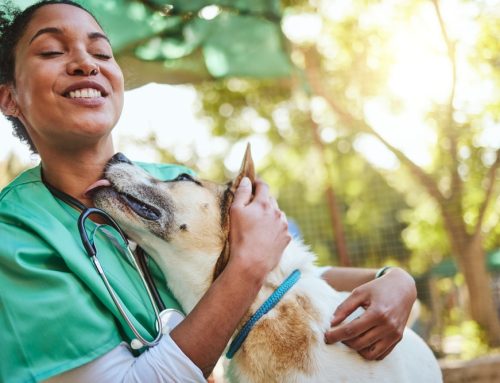
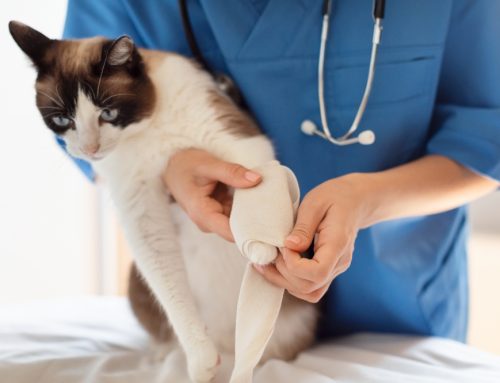
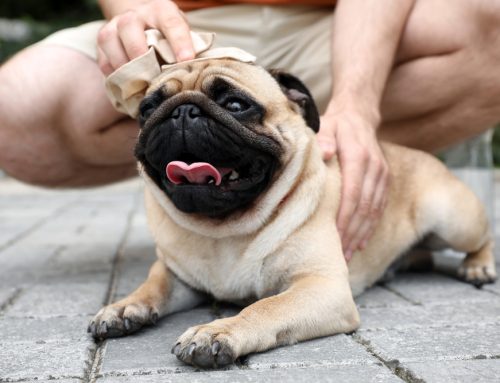
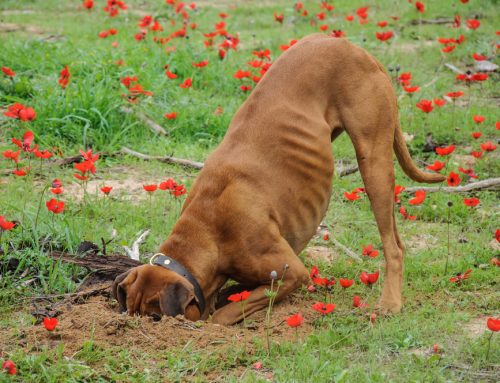
Leave A Comment